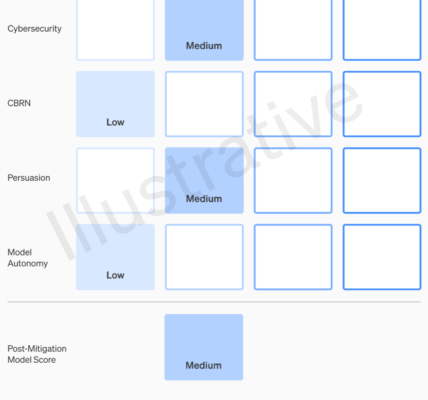
Contact centres are evolving rapidly to keep up with the needs and expectations of today’s consumers. As such, contact centre operators need to invest in cloud-based, omnichannel solutions with conversational automation that ensure they deliver a great customer experience, all the while improving their own employee experience. At Telviva, we understand that if a contact centre is going to achieve these goals, it needs to get the best value from vendors and partners.
To address this, we have designed a service experience ecosystem for our contact centre customers. This service experience journey is geared towards delivering a full service to a company that runs a contact centre so that it can extract the best value from its technology investment. Telviva knows that a good employee experience drives a better customer experience. Conversely, poor self-service automation implementation with traditional chatbots can escalate frustrations.
Telviva delivers this service experience as a managed service included with our contact centre services, as opposed to just software as a service. The customer sets out the business requirements from the onset and Telviva walks the journey with the customer to realise the promised value. Our professional services team is local (South Africa) and, importantly, is a cross-functional resource. Telviva’s service experience is built on five pillars, each representing a phase in the life cycle of a contact centre customer:
1. Determining the requirement with advanced needs analysis
We have extended specialist contact centre skills in our business development team. The benefit to the customer is clear. There’s a lot of talk in the market about artificial intelligence, conversational virtual agents and automation. This means we spend a great deal of time training our teams so that when they meet with contact centre executives at either inbound, outbound or blended contact centres, they can confidently listen, engage and advise, delivering meaningful value to potential customers.
This team can demonstrate the solution and do an initial scope and an advanced needs analysis so that our professional services team can design the right solution for each unique customer environment.
2. Project planning and implementation
This phase is where we create the project plan, scope and implement the solution. The world is awash with highly complex terminology and technology and so Telviva has ensured our project managers within the team understand the intricacies of what they are planning for. As such, they are familiar with bringing different role-players together and managing dependencies and timing, because with contact centre installations, there is a lot of integration that needs to occur with many different vendors and involved parties.
3. Adoption of service
This phase represents the installation and initial period of service. Telviva has put together an extensive training module consisting of training videos and documentation for agents, managers and administrators. We have a dedicated service manager for each region who gets involved from the activation and implementation phase. This is to ensure that the service manager is fully aware of the intricacies of the project from its early stages and to enable the service manager to engage at an operational level with contact centre supervisors and managers to understand their KPIs.
Typically, a handover between implementation and support teams can be insufficient to transfer the knowledge gained by the implementation engineers. Telviva’s service experience appreciates that in a complex implementation, it is difficult for a support team to pick up and support a solution that they have not been involved in before that point. We have created a process that enables a support engineer to attend certain stages of the implementation, such as scoping, design, professional services and final stages of configuration to ensure the support team is better aligned.
 4. The customer partnership with account and service management
4. The customer partnership with account and service management
Service management teams carry out rotational visits, report back to the business and address concerns. Our service management teams proactively monitor the contact centre’s KPIs. We define this in our proactive alerting and every five minutes, can poll and extract real-time analytics from any of our contact centres. If any KPIs are breached, the service manager is alerted via a Slack channel allowing him to engage with the customer’s operational teams on-site proactively. As this is a managed service, our goal is to ensure the solution is working for the customer, and meeting their objectives. Our customer experience team works closely with the executive and management teams of the contact centre to ensure communication is open between parties, key metrics are shared and technology updates are shared.
5. Support
Over and above standard support services for Telviva’s unified communication Service, we have a dedicated support team focused on supporting contact centres only. This team is made up of senior enterprise engineers and their role is to deliver an exceptional service experience to our customers. Telviva follows ITIL methodology for incident and service request management, and all tickets are categorised and prioritised in terms of impact and severity. Customers are regularly updated with progress on support tickets becauseTelviva understands that uptime is crucial in the contact centre environment.
To help mitigate incidents, Telviva has added contact centre triggers for various services and KPIs to its proactive network operations centre which monitors alerts for any services that may have any issues. Any software or hardware alert is fed back to this team to proactively resolve an issue, often before a customer even notices.
Is your business looking for a user-friendly contact centre platform that enables agents and customer service personnel to transform customer engagement into a stellar experience? Contact us today to learn how you can shift your contact centre from being a cost centre into a value centre.
- The author, Kelvin Brown, is regional executive for KwaZulu-Natal at Telviva
- This promoted content was paid for by the party concerned
- Read more articles by Telviva on TechCentral



